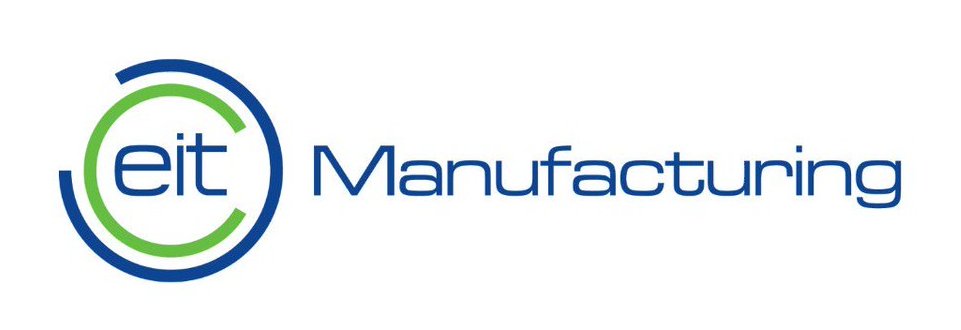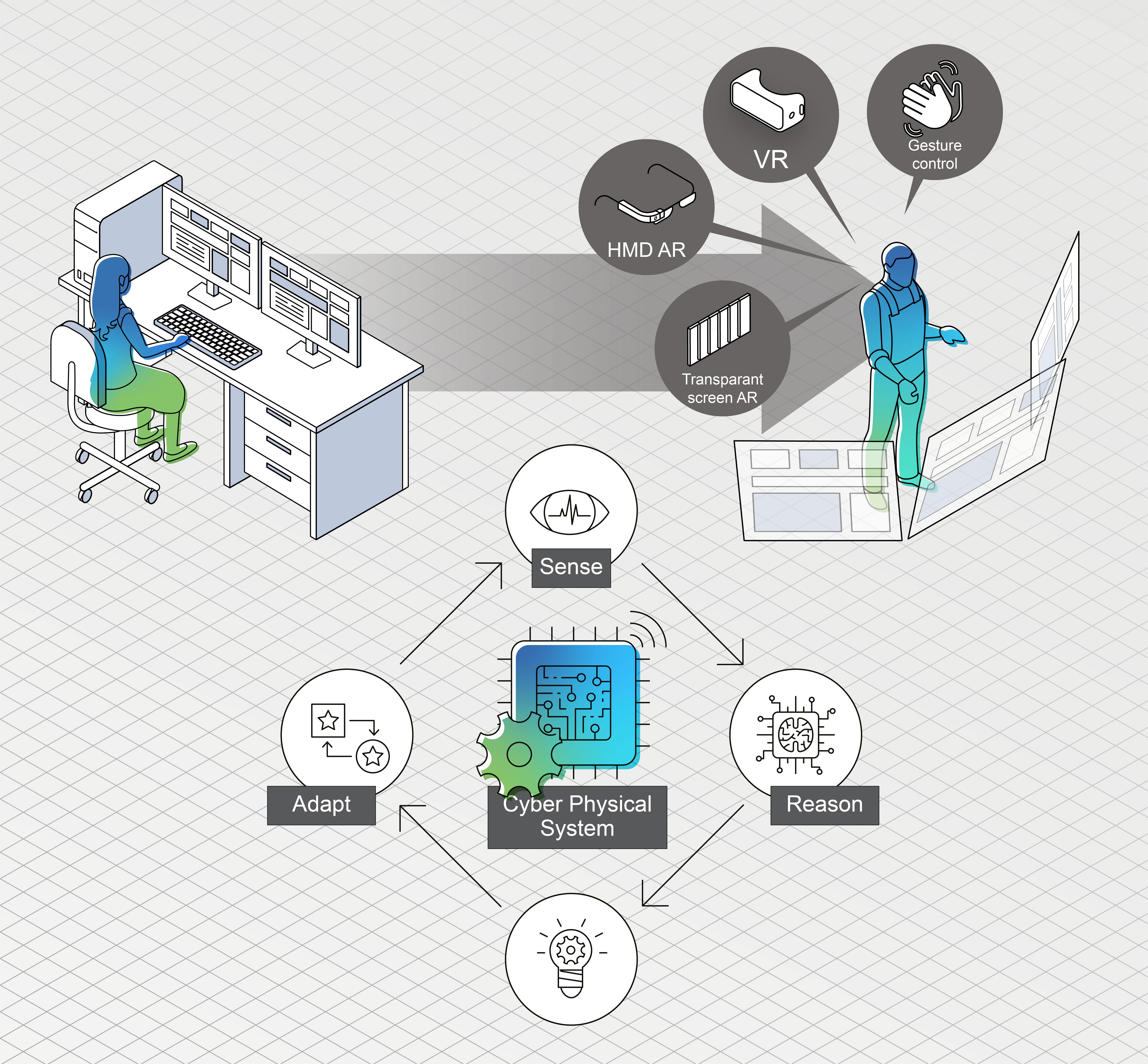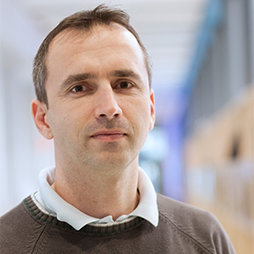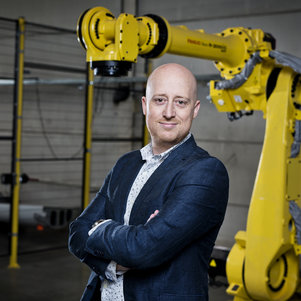CPPS 101
The Smart Manufacturing Paradigm – A Tutorial Introduction on Cyber-Physical Production Systems
Internet of Things (IoT) applications offer potential new business opportunities. In the manufacturing industry, IoT is largely employed to enhance manufacturing processes by means of cyber-physical production systems (CPPS), also known as Industry 4.0.
Industry 4.0 is a hot topic among practitioners and academics in Europe, as well as one of the top priorities for R&D. However, the term itself is still unclear, and companies face difficulties when identifying and implementing Industry 4.0 scenarios.
One of the facets of this situation is that it opens up opportunities for companies to actively shape the future of Industry 4.0. For this reason, it’s crucial to make educational material available to students, young researchers, and practitioners. This will allow them to study the origins, expectations and challenges of new technologies in relation to smart manufacturing concepts.
The EIT CPPS 101 project aims to create an online end-to-end course that covers the basics of CPPS, its smart manufacturing context, and the possibilities of retrofitting current technologies. In line with current CPPS research and development directions, some modules will focus on the role of CPPS in the transition from current to future industrial applications.
The outcome of CPPS 101 will include advanced modules addressing standardisation issues, CPPS privacy and security, Cloud/Edge computing, human-machine interaction, energy harvesting, and data analytics. Most of the online modules will include video tutorials explaining the theory behind each topic, as well as practical hands-on exercises on code management, deployment, and testing.
This project is part of KIC EIT Manufacturing, funded by the European Union.
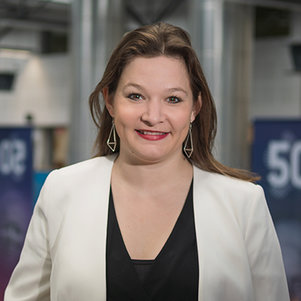
Doris Aschenbrenner
- +31 (0)15 27 89523
- d.aschenbrenner@tudelft.nl
-
Room B-3-220
Available on: Mon-Tue-Wed-Thu-Fri
"There are 10 types of people in this world, those who understand binary and those who don't"
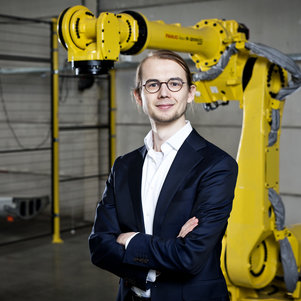
Jasper Henny
Partners:
- Laboratory for Manufacturing Systems and Automation, University of Patras
- INESC-TEC Institute for Systems and Computer Engineering
- Faculdade de Engenharia da Universidade do Porto
- TU Delft


